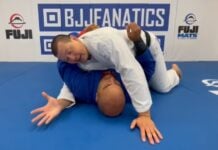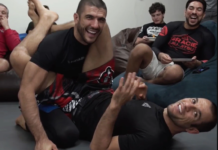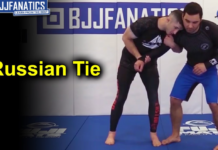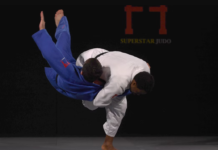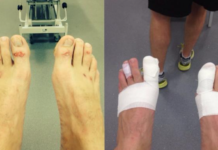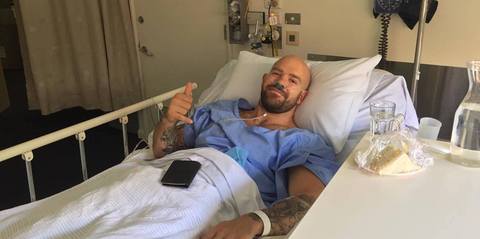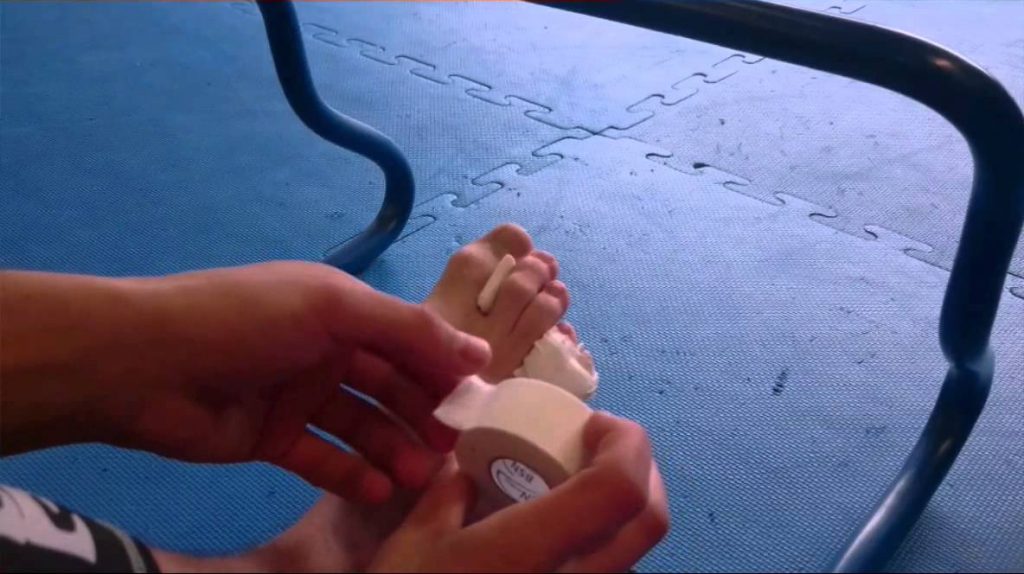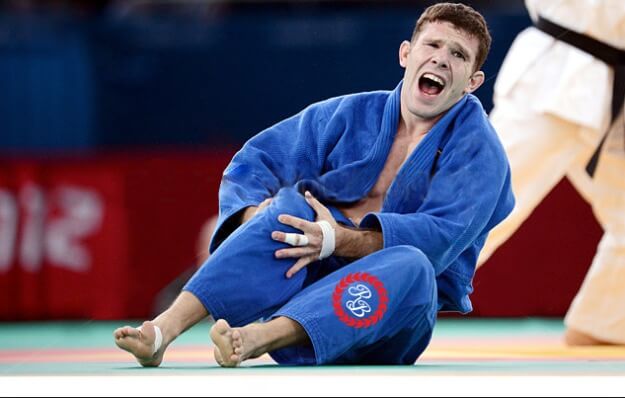
Training BJJ does not come easy on the body. Even if you eliminate the fact that the point of the sport is taking joints beyond their range of motion, the risk of injury is till grater compared to other sports. This is mainly due to the fact that Jiu-Jitsu takes place at different levels and involves training with a partner. The physical exertion and unique positions you regularly get into mean that the risk of injury is constantly present. That said, there hardly a sport without any injuries so why sshouldBJJ be any different? The trouble with having a BJJ injury is not that you’re hurt. It is that you can’t train. Or can you?
Brazilian Jiu-Jitsu is one of the most addictive things on the planet. It is neither just a sport or just a martial art. BJJ is an endless puzzle that requires you to think as much as you need to grapple. This makes it engaging both physically and mentally, and the more you train the more you get hooked on it. So when a BJJ injury inevitably strikes, you’ll not only be worried about your current physical ailment. What you’ll also be down about is the inability to be on the mats for a given period of time. This is an issue that many grapplers struggle with.
That said, grapplers tend to skip over the importance of injuries and unless they’re really gravely injured, they choose to go and train. Clearly, training like this can have really serious consequences, but as a fellow grappler who’s been there, I can totally understand. So, let’s see if and when you can train with a BJJ injury and how to stay safe while doing it.
To Train Or Not To Train?
This one should be a no-brainer for all the normal people out there. Not for grapplers, though. That said, looking for a professional opinion is always the first step with any injury. No matter how small you think your BJJ injury is, talk to a doctor. A good tip is to find a doctor that has training experience, if not in BJJ than at least in martial arts. That way, you won’t just get the automatic “rest for a while” but actual sound advice. Chance is, they know exactly how much you want to train.
Going to the doctor is the first step. The second one is actually following their advice. OKay, if the advice is to rest for a couple of weeks maybe you can cut it shorter. What you mustn’t do is skip it all together and jump straight back in. Just give your body enough time to heal. Also, keep in mind that going back to training is also not going to be pain-free. So listen to the doctor so that you do not turn a temporary BJJ injury into a permanent one.
Aggravating an injury is very easy to do if you train without letting it heal up enough. Even if you do not make an existing injury worse, you’ll most likely cause a new one. When you’re favoring a certain part of your body, the body tends to compensate in order to get you through your day. If you rest, the body rests as well. If you train, it’ll compensate and probably over exert another part of it. Now you end up with two injuries for the price of one.
That said, let’s see how you should train after a BJJ injury, or with a minor one.
Training With A BJJ Injury
Before you even step on the mats, make sure you have taken every precaution. Use any supportive gear that is suitable for your BJJ injury in order to protect yourself. This, most often, includes taping or wrapping up the injured body part. If you’re coming back from a really serious injury, then more advanced protective gear needs to be in place. Training without it all but ensures you’ll be back on the sidelines soon.
Once in class and all wrapped up, you should also have the right approach to training. First of all, do not expect to be able to go through every part of class. If the technique of the day doesn’t bother, you, this is your first priority. Keep learning and do the move of the day without exerting too much. If you can get through that, you might consider drilling or very controlled position sparring. Rolling is absolutely out of the question until you really heal up.
Once you’re able to roll again, or if it’s a minor BJJ injury you’re nursing, be clear about it. First, choose your partners wisely. The class spaz is a bad place to start. Instead, chose an experienced partner and talk to them. Turn their attention to your injury so that they can skip attacking that body part.
Finally, make sure that you take care of your injury after training. Re-wrap it if you need to, or use ice/topical medication if indicated. If you can, stretch or do some self-myofascial release in order to improve circulation. Remember that, even if you can’t go to class you can still learn. Use your time on the sidelines to improve on your theoretical knowledge. This is where BJJ DVDs and online instructionals really come into play.
You Might Be Interested In:
Be Careful Of Injuries When You Train These Legal BJJ Moves
Quick Jiu-Jitsu Conditioning Workouts For Busy People
How To Develop Crushing Grip Strength For BJJ
Things To Look For When Choosing A BJJ School
7 Awesome Tips To Make You A Formidable White Belt

